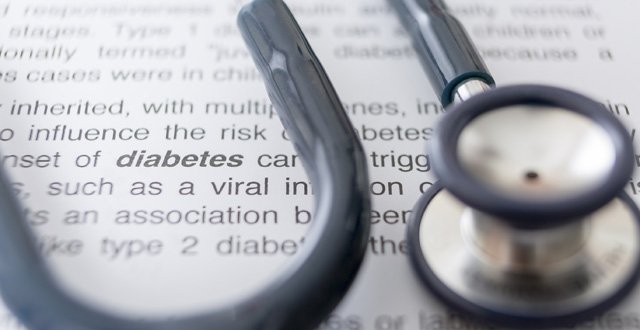
The frequency of
diabetic ketoacidosis (DKA) is “unacceptably high in Ireland,” according to
study research presented before the IES Annual Meeting.
The researchers stated that the reduction of DKA
incidence in Ireland is “an important therapeutic target”.
DKA has significant morbidity and long-term adverse
impacts on metabolic control, and is a severe complication of type 1 diabetes.
It impacts an estimated 12-to-80 per cent of populations, varying widely across
different populations.
The objective of this study was to define and monitor the
national frequency of DKA at onset of diabetes among a paediatric population
over a five-year period, and to compare the results with a national study
carried out in 1997/98.
The frequency of DKA in those under the age of 15 years
was monitored throughout the period 2011-2015. During this period, there were
1,208 incident cases of type 1 diabetes within the outlined demographics, and
of these cases, 31.6 per cent were in DKA. The Chi-square test was used to
compare the groups.
The frequency of
DKA remained “relatively stable over the five-year period,” as did the severity
of the DKA cases. Patients with DKA presented with severe, moderate and mild
cases — 11.5 per cent, 7.2 per cent and 12.9 per cent, respectively. There was
no significant difference in the severity of DKA cases among different ages
within the study. For individuals who did present with severe DKA, 3.6 per cent
had a history of type 1 diabetes in a first-degree relative. The researchers
concluded that the frequency of DKA is too high, and that it has changed very
little over time. Research was carried out by the department of paediatrics at
Trinity College Dublin, the department of paediatric growth, diabetes and
endocrinology, Children’s Hospital Ireland at Tallaght University Hospital, the
National Immunisation Office, Dublin, the University of Dublin, Trinity College
Dublin, and the department of statistics, Dublin.





Leave a Reply
You must be logged in to post a comment.